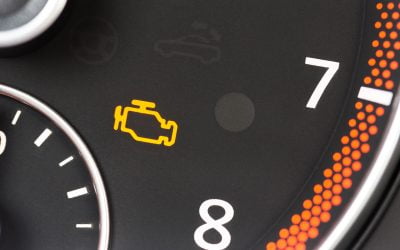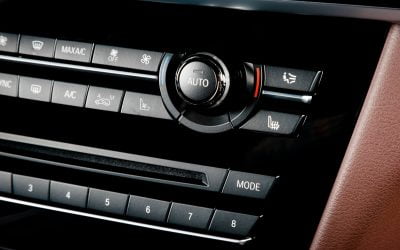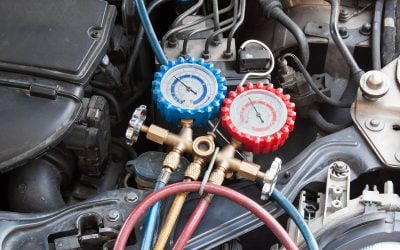Car Battery Myths vs Facts
Car Battery Myths
There are quite a lot of myths around the lifespan, capabilities, and expectations of car batteries out there. Some of them were true at one stage, but it’s time to update our knowledge on contemporary car batteries. Below we bust some of the traditional car battery myths!
- After flattening the battery by leaving the lights on, driving your car recharges the battery.
Driving your car or running the engine idly will not fully recharge your battery as mentioned above. After your car has been jump started, ‘surface charging’ is not recommended as it can lower the capacity of the battery and compromise its longevity. It also means your car’s charging system has to work overtime to charge the battery, which can damage your charging system. We recommend using a suitable battery charger. - All car batteries are the same.
While all AGM, GEL, and flooded cell car batteries do contain lead acid, they are each different in their construction. Flooded cell batteries require you to top up their water to replenish lost electrolytes as they work (but most batteries sold now are sealed and do not require refilling). GEL batteries are stronger in their construction than flooded cell batteries, but not designed for fast charging or high amperage charging. AGM (Absorbed Glass Matte) batteries are the more modern type of battery which does everything that a GEL battery can do, but more efficiently. They are also called ‘maintenance free’ batteries because they do not require water top-ups. - Leaving a car battery on a concrete floor can discharge it.
This used to be true during the days when battery cases were made from wood, but is no longer relevant for modern car batteries. Battery cases are now made of hard rubber or polypropylene which seals much tighter and, with these, discharge is no longer a concern. - Driving your car completely recharges your battery.
No matter how long you drive your car for or keep it running idly, it will not recharge the battery to 100%. The way to fully recharge your car battery is by using a high quality, mains-powered battery charger – however, we do not recommend doing this if you are inexperienced. - A higher capacity battery damages your car.
Your car’s starter motor can only draw a certain amount of current capacity from the battery which is dependent on the resistance of the load. Using a higher/larger capacity battery still supplies only what is needed. It can actually provide you with more starting capacity and may help your battery last longer. - Tap water can be used to top off the water level in a battery if the plates are exposed.
Distilled, de-ionised or demineralised water is required to replace water in batteries. Tap water contains minerals which can build up and coat the plates of the battery.
Car Battery Facts
So now we have debunked some of the myths about car battery health and maintenance, it’s time to share with you the facts!
- A car battery can explode.
If your lead acid battery becomes wet, it produces hydrogen and oxygen gasses which can cause a battery explosion. This will not likely be to the degree you may see on popular Hollywood films, but it can still pose risk of injury so it is important that any heat sources, flames and sparks are kept away from a charging battery, and you are wearing suitable PPE (personal protective equipment) when working near a car battery. - Climate can affect the life of your car battery.
Car batteries actually last longer in cooler climates because heat can accelerate loss of water and corrosion. Maintenance free batteries are more suited to the harsh Queensland climate as they have a larger electrolyte reserve. - Even a “Maintenance Free” car battery still requires some maintenance.
While maintenance free car batteries do not need to be topped up with water, they still need to be serviced to check the terminals, the alternator, and any corrosive build up. - There is no guaranteed timeframe for the life of your car battery.
All car batteries are made differently, so there is no set time frame on the life of your battery. They can disintegrate over time, faster or slower depending on the climate, installation, amount of use and how regularly they are maintained.
Do you have questions about your car battery?
Australian Mechanical are experts when it comes to car batteries. Talk to our friendly team about your battery questions and concerns by contacting us here or calling us on 07 3356 1538.
Read More Posts
My Check Engine Light Is On, What Do I Do?
If you’re driving your car and the check engine light suddenly pops up, it can be a bit of a scary experience.
How We Test Your Car Air Conditioning For Leaks
We use environmentally friendly leak detection methods to find & fix air conditioning leaks.
How To Tell if Your Car Aircon Needs a Regas
Is your car’s air conditioner not as cold as it used to be? Learn how to tell if your car aircon needs a regas.
Call us on 07 3356 1538
Book your next service or repair today and experience our honest, knowledgeable and friendly service.



